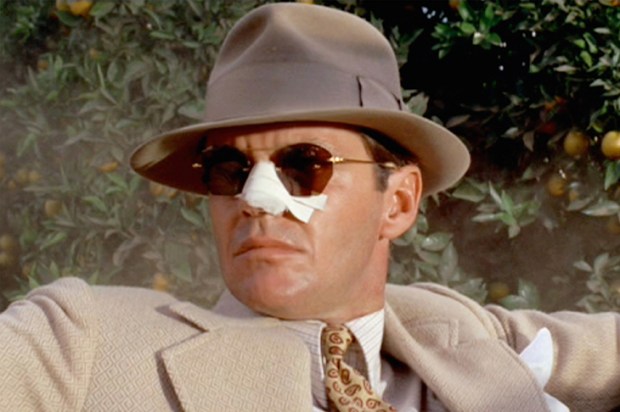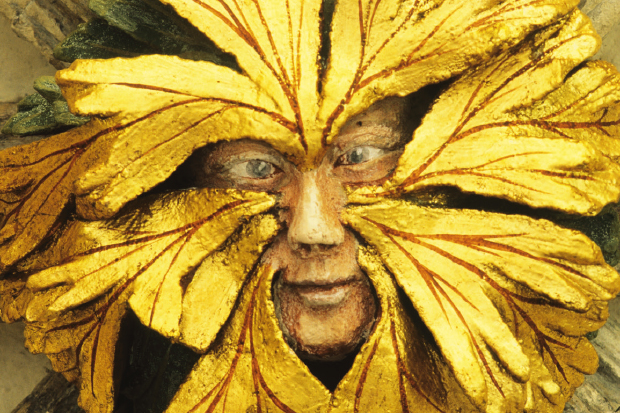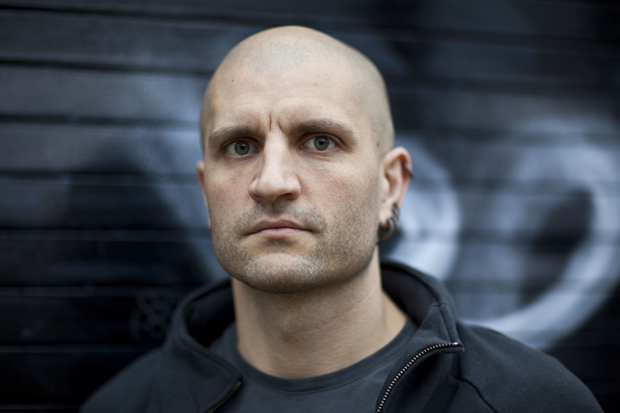The first and most important thing to say about The Drowned Detective is that it’s a very good novel and (which is not always the same thing) a pleasure to read. After that, it gets more complicated.
The book defies tidy categorisation. Set in a nameless eastern European country, it opens in the literary territory of the crime thriller, with private investigators on the trail of a government minister on the way to visit his rubber-clad mistress.
Already a subscriber? Log in
Subscribe for just $2 a week
Try a month of The Spectator Australia absolutely free and without commitment. Not only that but – if you choose to continue – you’ll pay just $2 a week for your first year.
- Unlimited access to spectator.com.au and app
- The weekly edition on the Spectator Australia app
- Spectator podcasts and newsletters
- Full access to spectator.co.uk
Unlock this article
Available from the Spectator Bookshop, £16.99 Tel: 08430 600033
You might disagree with half of it, but you’ll enjoy reading all of it. Try your first month for free, then just $2 a week for the remainder of your first year.














Comments
Don't miss out
Join the conversation with other Spectator Australia readers. Subscribe to leave a comment.
SUBSCRIBEAlready a subscriber? Log in